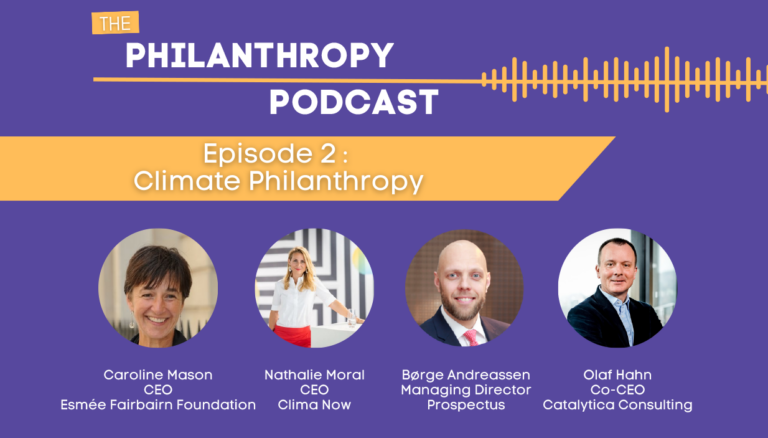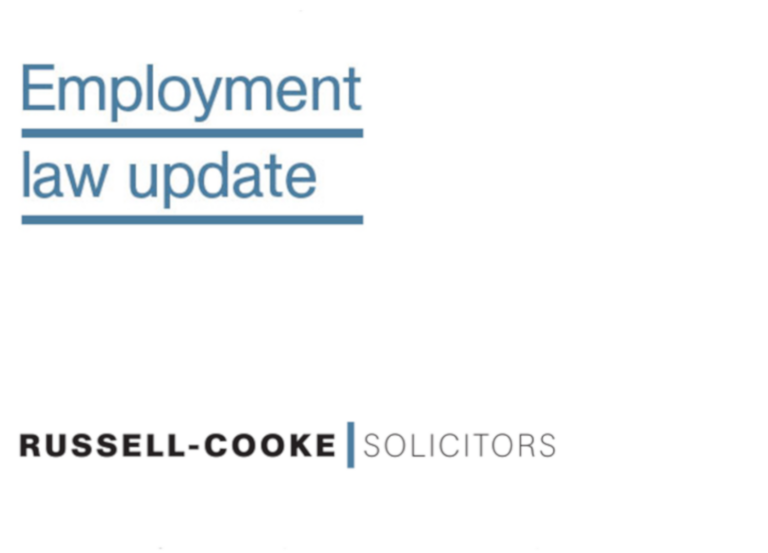Top tips for hiring in a candidate-short market in the charity sector
We’ve all seen the recent stats – that there are more vacancies available now than at any other time ever recorded in the UK. This means that there are more opportunities than ever before available for candidates to choose from in their job search. With the pandemic increasing the number of employees staying in their current roles, it can make it very hard to find the talent you need as organisations recover or continue to grow. Dig a bit deeper into some of the specific areas in those 1m+ vacancies and you’ll find tech and software and social care as particularly candidate-short areas – they have been so traditionally for a number of years, but we are now seeing those shortages generally across the sector. Whether these skills gaps will be plugged through better education, increased experience or through a new proposed revolution of green jobs is still to be seen. All of this background is great but it doesn’t help you, you still need someone to fill your post!
I have implied it is hard to attract excellent talent – but this doesn’t mean that it’s impossible. There is good news in the charity sector at least – yes, it is candidate-short, but by no means candidate empty. Here, I hope to offer some insight into the best approaches that we employ to this sort of market, so that you can ensure a greater chance of success in your next hire.
Identify the role you are looking for and analyse the market
What is the role you are looking for and is this in an area with high demand? For example, are there lots of similar roles on the job boards, what is the average salary, what level of skills are indicated and what are engaged candidates feeding back?
From here, the aim is to ensure you are portraying your role realistically and competitively. We have found the pandemic forced many charities to amalgamate multiple responsibilities into fewer positions as a reaction to redundancies or furloughing of staff, and many have been trying to do the same with their first hires during the recovery. It’s not easy to balance your organisational needs with the market but to ensure you are seeing and engaging the right people it is vital the role sounds and feels as realistic and attractive as possible. This is across title, salary and responsibilities.
What if the role is already as realistic as possible?
It isn’t always possible to compete in those areas with other hirers in the market. The salaries that can be offered in the charity sector are often less than those from commercial areas and, even within the sector, there is a vast range depending on the organisation’s funding and situation. There may be other factors around the budget or levels of funding defining the role as part time or on a contract-basis.
Levelling the playing field when it comes to the recruitment itself
Fear not! There are ways of thinking creatively to offer a solution in the competitive market.
Is there a way to make the salary seem more attractive? We find clients sometimes opt for a shorter work week but the same salary cost so they can engage a different level of candidate.
Is there any way the role could be a contract rather than temporary or a permanent role – or could it be a longer duration contract than 3-6 months? There are many opportunities that are offering longevity so more candidates naturally opt for those.
A key question we challenge hiring managers with in this market is around skills; which ones are a ‘must have’ and what is ‘like to have’? This can focus the advert and external view point on priorities and get the role to be more accessible.
Flexible working is the most common topic for job seekers; what does it look like and what are the commitments required? It is important to have this well-defined but, for this conversation, it is good to recognise that offering flexibility in work patterns and where people work can increase your access to job seekers. Fully remote or limited in-office time offers you the potential nationally, beyond the local area. This adds value for applicants who may find the salary as more competitive for their geographical region. It also has a great impact on driving greater and more diverse audiences!
Employer brand is fundamental to showing you are the employer of choice. The sector we work in has one of the most potent and attractive characteristics which are the Cause and Purpose -i.e. why your organisation exists and/or what it serves. Ensure this is clearly defined in the campaign and demonstrates what key part the role plays in achieving that mission, however big or small, and ensure your USPs (Unique Selling Points) are clear.
Furthermore, with over 80% of those looking for a job in the sector valuing diversity, equity and inclusion practices of a prospective employer as ‘important’ or ‘very important’, articulating this and your other values and USPs in your employer brand as an organisation is incredibly important. You may find our ‘Recruitment Process – Diversity and Inclusion Guide’ useful in this regard.
Taking your job to market
Now that we have the best version of the role in relation to your needs and the candidate’s expectations, it is time to consider ‘taking the role to market’. As the saying suggests, this is an action and it can be perfected to enhance better attraction and conversion. Some things to consider:
- Is the advert copy clear, succinct and on par with what’s included in the role when it comes to pay, location and potential flexible working arrangements? See our guide to writing to adverts for help with this.
- Is the advert inclusive? You can use a variety of free tools to help you reduce gender bias.
- Does the advert sound like it is a good representation of your brand and ‘would you apply for the role’?
- Are there clear instructions on how to apply and timeframes for interview, or will candidates be considered on a rolling basis? We recommend a CV and one page supporting statement.
- Have you got the wider organisation to ‘shout about the role’ as well as through your advertising channels? Your staff are great brand ambassadors on LinkedIn and Twitter.
- Ensure that you are advertising the role not just on platforms targeting active candidates, but to attract passive ones as well. You can find out the difference in this article.
- For entry roles to manager roles, the timeframe to go to market should be 2/3 weeks advertising to shortlisting.
Consider alternative candidates and markets
The pandemic has highlighted inequalities across the UK and worldwide in far greater ways than we had imagined, leading some from the private sector transition to a more purposeful career, where they aspire to do more to address societies’ challenges, either in the communities they know/live in or for causes that are dear to them. We have seen candidates making that transition at all levels with increased regularity since mid-2020. There are specific ways to engage and bring in talent across sectors to ensure the cross over is smooth, but it is definitely possible and a robust recruitment and screening process can enhance the process positively.
Be flexible at interview stage
In a candidate-short market, the prospective applicant holds more options than they usually would. Therefore, keeping a compact and clear interview and decision process is key. We often hear of organisations losing out at the last minute and this is sometimes through ‘letting their foot off the gas’. For the current market the foot needs to be to the pedal all the way. A really good tip throughout this stage is to be open to having a telephone conversation with candidates:
- whether this be initially at application stage with a structured 15 min, pre- full interview screening call, on some of those key parts of the role to help you create the shortlist.
- or a discussion at post-interview offer stage, to ensure buy in, interest and have a real-time conversation about what you offer and where the role will take the candidate. These personal touches go a long way in developing a relationship and demonstrating the employer brand, and support authentic commitment and longer-term retention.
If you are looking for support with your recruitment needs or want to have a broader conversation around finding the quality candidates you need, please drop me an email at Tristan.shirley@prospect-us.co.uk and I’d be delighted to see how we could help.







